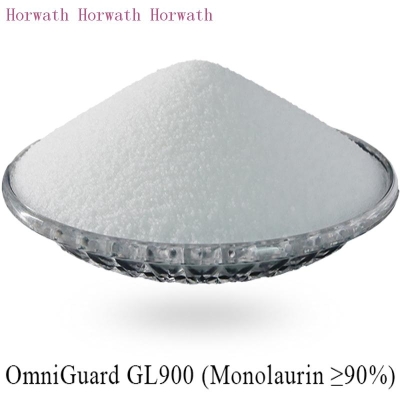How does Peso devaluation affect soybean?
-
Last Update: 2002-01-13
-
Source: Internet
-
Author: User
Search more information of high quality chemicals, good prices and reliable suppliers, visit
www.echemi.com
Introduction: after the ringing of the New Year bell, the Argentine government in the deep economic crisis announced the economic reform bill, including the implementation of important measures such as currency devaluation The exchange rate between the Argentine peso and the US dollar is set at 1.40 to 1 The devaluation of Peso means that Argentina's soybean export profit in US dollar will increase, and Argentina's soybean farmers can get more benefits from soybean export, which will make Argentina's planting intention stronger in the future and make Argentina's soybean export more competitive than that of the United States and Brazil It should be said that the devaluation of the peso is bad for the CBOT market and the world soybean market The former is due to the increased competitiveness of Argentina's exports, while the latter is due to the increased willingness of Argentina's soybean cultivation However, this kind of understanding is only a theoretical understanding The reality is far from simple First of all, domestic commodity prices in Argentina rose as a result It is reported that after the devaluation of the peso, commodity prices in Argentina generally soared by 30%, and flour was the first to bear the brunt The impact of depreciation was partially offset by the rise in domestic prices in Afghanistan Secondly, the continuous political and economic crisis in Argentina has hindered the export of soybeans, and the Argentine grain market has once again fallen into a state of almost total paralysis, with only a few wheat traders still trading wheat The relative stagnation of Argentina's soybean exports is good for US exports, which are still in the peak sales season Third, it is noteworthy that there are reports that the Argentine government will impose an export tax of 5% to 20% on grains and oilseeds (which has not been confirmed yet) We know that after the cancellation of the old policy by the Argentine government in 1991, the soybean production in Argentina expanded rapidly driven by the desire to earn foreign exchange from exports If this policy is implemented again today, its significance is no less than the measures that the US government is about to take to reduce the soybean loan rate In general, Argentina's economic turmoil is a comprehensive factor, which has a long-term impact on the global soybean market Fundamentally, its impact on world soybean supply and demand is indirect, because Argentine farmers' willingness to grow in the next year is affected by many factors, not only exchange rate (author:) share to feed Weibo share to:
This article is an English version of an article which is originally in the Chinese language on echemi.com and is provided for information purposes only.
This website makes no representation or warranty of any kind, either expressed or implied, as to the accuracy, completeness ownership or reliability of
the article or any translations thereof. If you have any concerns or complaints relating to the article, please send an email, providing a detailed
description of the concern or complaint, to
service@echemi.com. A staff member will contact you within 5 working days. Once verified, infringing content
will be removed immediately.







